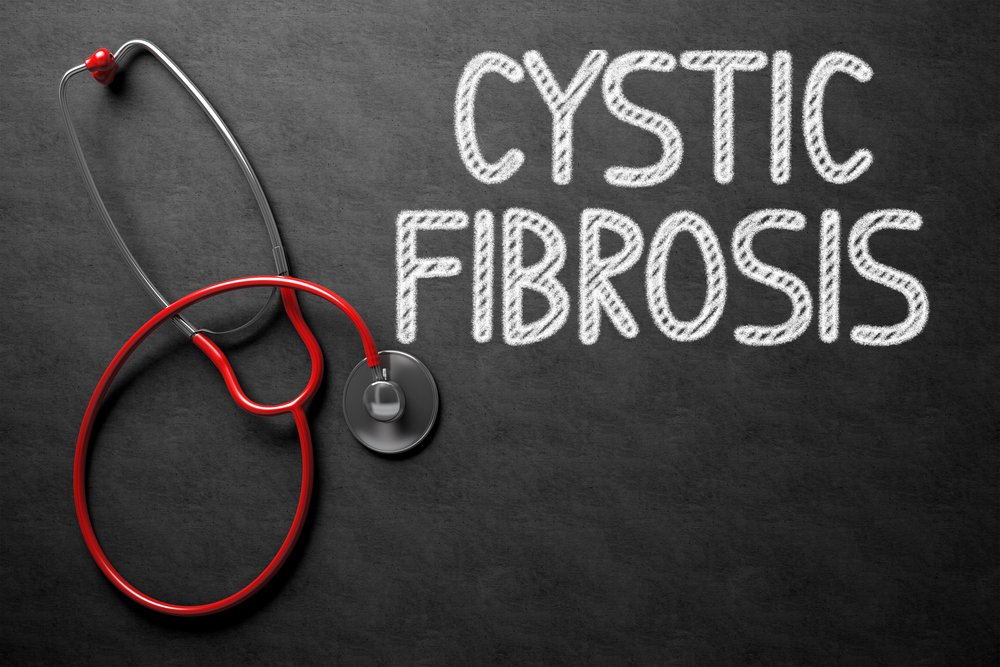Proteostasis Asks FDA to Help It Advance PTI-808 as Cystic Fibrosis Combo Treatment
Written by |

Proteostasis Therapeutics has filed an Investigational New Drug application with the U.S. Food and Drug Administration for PTI-808 as a treatment for cystic fibrosis.
PTI-808 promotes the activity of the cystic fibrosis transmembrane conductance regulator, or CFTR, the protein that is faulty in CF. Scientists call the drug a potentiator because its designed to bolster CFTR’s activity.
Proteostasis Therapeutics developed PTI-808 as a component of a triple combination treatment for CF.
The company plans a Phase 2 clinical trial of PTI-808 in healthy individuals in July of 2018. It also plans a Phase 1 trial with CF patients carrying the F508del mutation of the CFTR gene. That study will cover patients who are not receiving Orkambi (lumacaftor/ivacaftor).
“While potentiators are an established part of CF therapy, there remains significant room for improvement in this critical component of therapy, and we believe PTI-808, with a potential once-a-day dosing regimen, offers the potential to fill this gap,” Meenu Chhabra, Proteostasis Therapeutics’ president and CEO, said in a press release.
“Each component of our potential triple combination therapy is now clinical [trial] stage, with active and ongoing clinical development programs for both PTI-428, an amplifier, and PTI-801, a new-generation corrector,” Chhabra added. A corrector helps increase the functionality of the CFTR protein.
Proteostasis is in the midst of conducting an ongoing Phase 1 clinical trial of PTI-801 in healthy individuals.
It is also doing a study on another of its therapies, PTI-428. That research involves investigating PTI-428, alone or combined with Orkambi, as a cystic fibrosis treatment. The team will compare results from the two treated groups with those of patients receiving a control therapy — either a placebo and Orkambi, or a placebo alone.
If the findings of both studies are promising, Proteostasis plans a dose-escalating study with CF patients with the F508del mutation who have not been treated with Orkambi. In this study, patients will receive PTI-428 and PTI-801 in a triple combination known as PTI-NC-733.
“With the filing of an IND [Investigational New Drug application] for the potentiator PTI-808, the third and final piece of our triple combination, we have reached an important milestone in assembling PTI-NC-733 [the triple combination therapy],” Chhabra said. “Pending positive results from ongoing clinical trials with PTI-428 and PTI-801, we expect to initiate a trial combining all three proprietary CFTR modulators before the end of 2017.”






